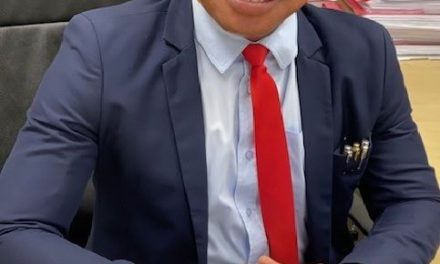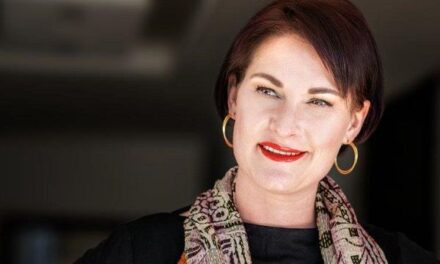
#BeFree empowers men and young boys at cook-off competition

By Michel Haoses.
The One Economy Foundation, on Saturday, held its third edition of the annual #BeFree Cook-Off, allowing duos to cook recipes from their respective cultures, under the theme “Unified in Diversity”.
The Cook-Off focussed on creating a platform for young men and boys from different cultural backgrounds to promote understanding and awareness about Sexual and Gender Violence (SGBV) and Sexual Reproductive Health and Rights (SRHR).
It covered a variety of discussions, including chats on cultural norms and Sexual and Gender Violence led by Shelleygan Petersen and Delivery Room Foundation Founder, Elago Nantana who emphasised the importance of brotherhood and checking up on your friends.
Furthermore, a men’s health and wellness session was led by Dr Stanley Kanyemba, who underscored the importance of building a relationship with one doctor through regular checkups, as some diseases such as blood pressure, diabetes, breast cancer, pancreatic cancer are difficult to pick-up without regular check-ups.
In addition, #BeFree GBV Response person, Zackary Itodo encouraged the attendees to seek help if they face GBV rather than fighting stating, “Men are victims of abuse but pride prevents them from getting help” he further emphasised the importance of walking away in some situations rather than reacting.
Echoing these sentiments were guest speakers from the Namibian Correctional Services (NCS) who shared their experiences on GBV sharing why walking away is the best decision one can make and the need for men to start changing their mindset and think before reacting.
The event also featured performances from the Tswazi’s and concluded with the announcement of the winners. Team Seven clinched the first cash prize worth N$5000, followed by Team Nine winning N$3000, and Team Two in third taking the N$2000 prize.















































